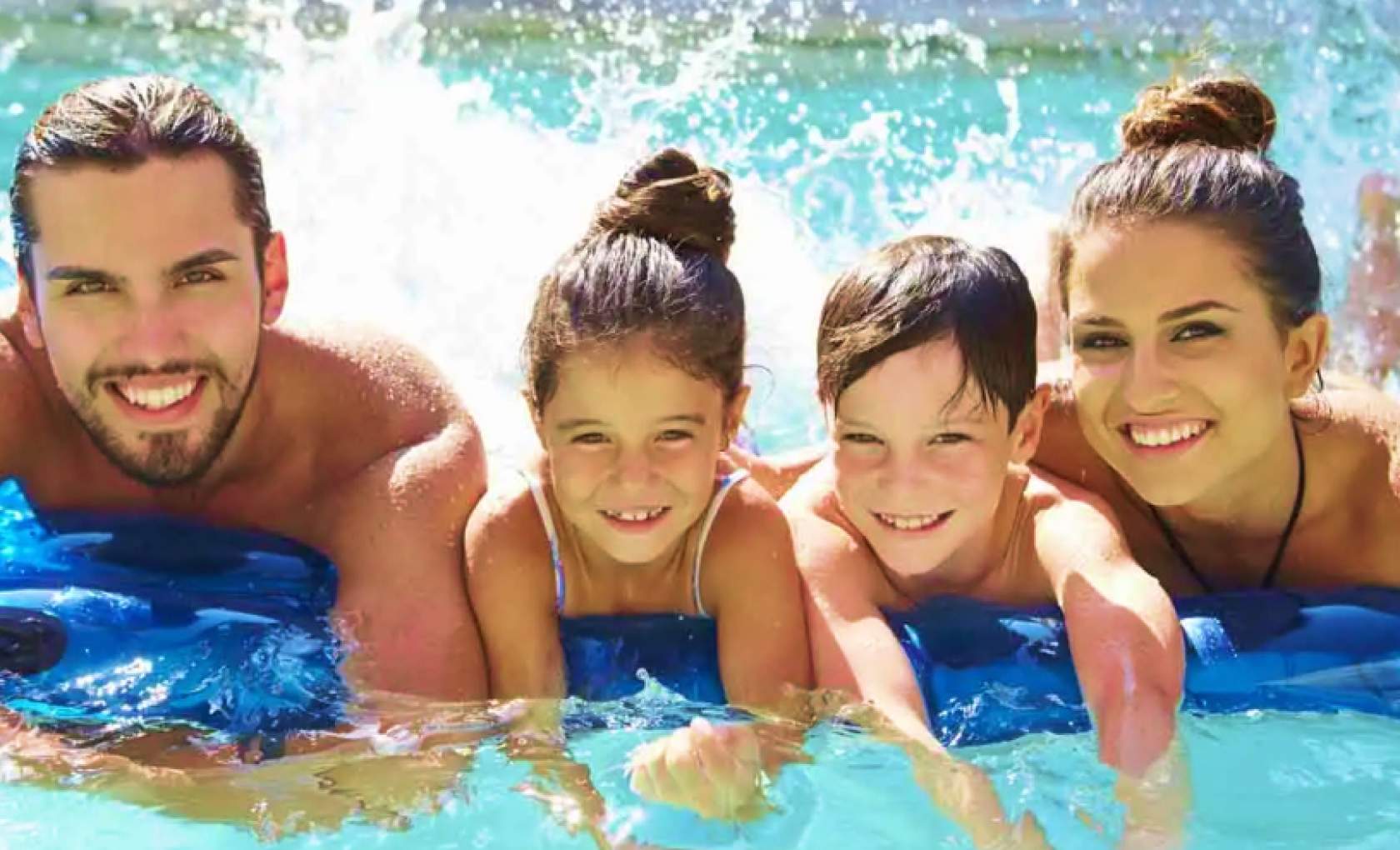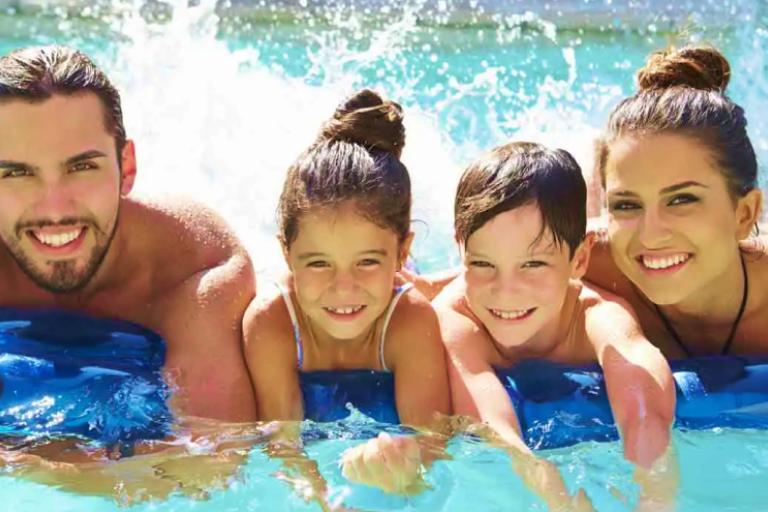National Pool Technician qualifications getting closer

National qualifications for pool technicians are a step closer following completion of a series of industry workshops run across the country by the Construction and Property Services Industry Skills Council (CPSISC).
The workshops were held at the end of last year and were attended by more than 120 industry members. Participants included pool store owners, single operator technicians, representatives of major supply companies and representatives of SPRAA and SPASA.
SPRAA Chief Executive Officer Lindsay McGrath said the workshops broke new ground by bringing the industry together including service, retail, suppliers, government representatives, competitors and the two peak industry bodies to achieve a common goal.
“The workshops were designed to inform participants on how national qualifications are developed and canvas the views of the industry on the role, responsibilities and competencies required of a pool technician,” says McGrath.
He says that the qualifications aren’t for any particular niche within the industry, but will need to reflect the expertise and competencies required of a professional pool technician, whether they work behind the counter in a store or are on the road working from their van.
“Currently the Pool Technician isn’t identified as an occupation by the Australian Standard Classification of Occupations (ASCO) and the closest reference is a ‘Swimming Pool Service Person’ which is categorised under Labourers and Related workers,” he says.
Development of national qualifications requires the establishment of agreed units of competency.
CPSISC has established a draft competency framework which outlines 10 key areas or domains of a pool technician’s work.
They are:
1. Water Quality
2. Routine Pool and Spa Servicing
3. Service, repair and replace spa and pool components
4. Technical drawings, plans, manuals and specifications
5. Features, benefits and cost of pool and spa components, products and accessories
6. Management of own work, professional development and ethical behaviour
7. Communication, sales and customer service
8. Risk, safety and security
9. Business Administration
10. Information, business and communications technology
McGrath says the national qualifications will have a number of benefits to the industry and consumer including:
• Helping the industry attract and retain young people by giving them a recognised qualification, career path and mobility within the industry.
• Raising standards to a minimum national benchmark across the industry.
• Giving pool and spa owners the confidence that their water and family’s health is being looked after by a qualified technician.
• Providing formal recognition of the skills and knowledge required by current industry members.
• The opportunity for industry members to become Registered Training Organisations (RTOs).
• The ability for RTOs to offer this training to the industry.
• The opportunity for government to consider offering subsides to industry members for the training.
Discussion night for New South Wales
Swimming Pool & Spa Technicians are invited to attend a meeting at the SPASA NSW offices on the 5th March at 6pm to discuss the newly proposed National Qualifications for Swimming Pool & Spa Technicians.
The drafts can be found on the CPSISC website.
Retail and Service Technicians are invited to review the draft National Qualifications and attend this meeting to have your say.
SPASA is a committee member on the Construction & Property Service Industry Skills Council (CPSISC) and will be formulating a submission on the proposed qualifications as the peak industry body and an RTO for the swimming pool & spa industry.
Technicians who are unable to attend should forward their feedback to the Skills Council directly prior to 16 March 2012 via robstowell1@gmail.com.au.



